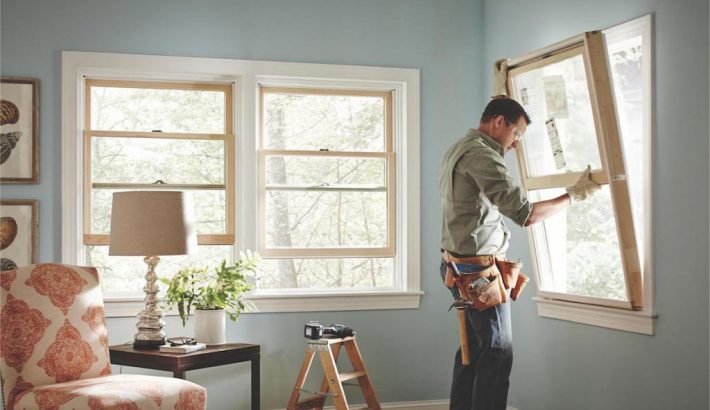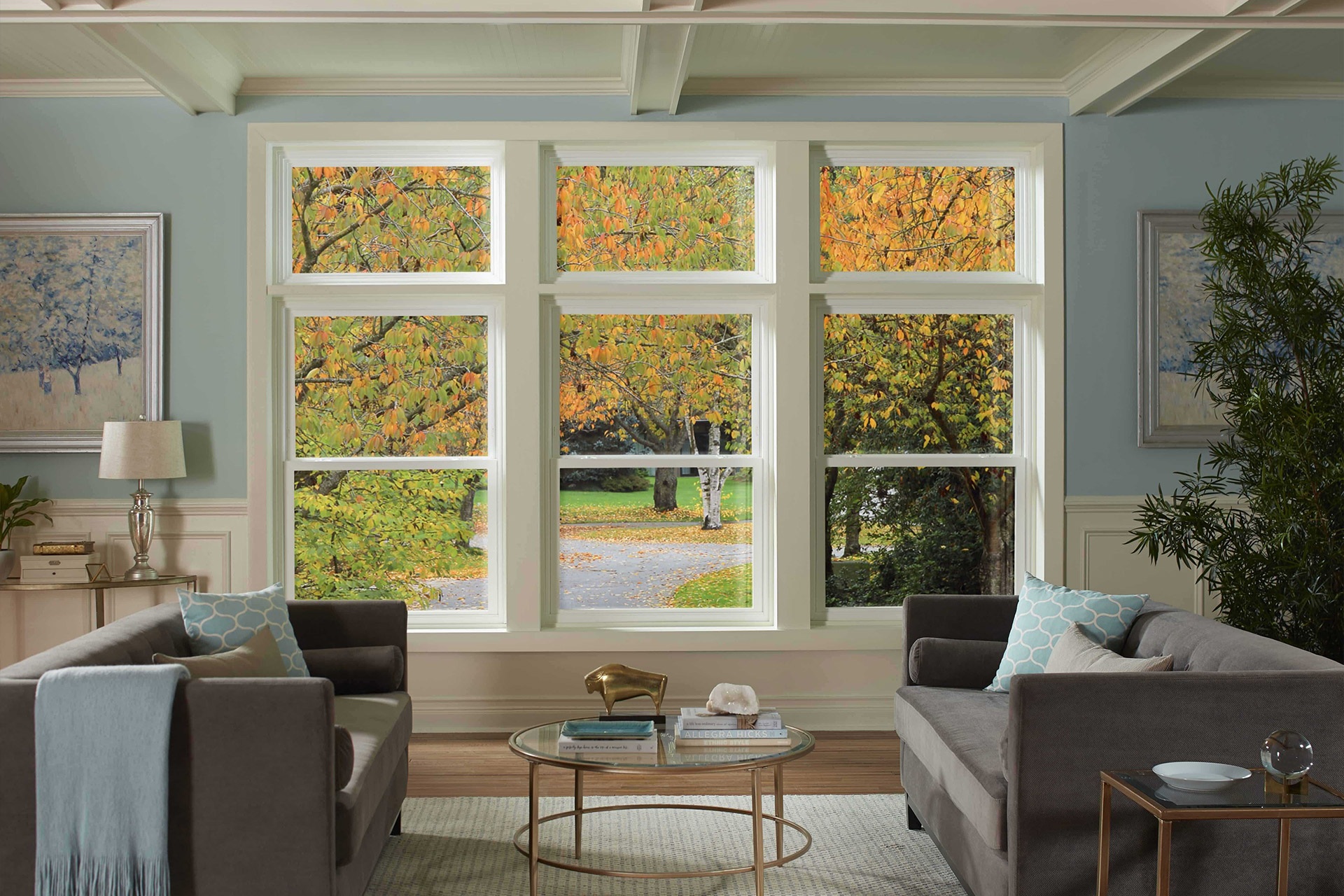Upgrade Your Home with Houston Pella Windows Setup
Upgrade Your Home with Houston Pella Windows Setup
Blog Article
Upgrade Your Home With Energy-Efficient Window Substitutes
In the realm of home improvement, the decision to upgrade to energy-efficient window substitutes can dramatically influence both the functionality and aesthetics of a home. Past the surface area degree of simple appearances, energy-efficient home windows provide a wide range of benefits that go beyond mere curb appeal.
Benefits of Energy-Efficient Windows

The installment of energy-efficient home windows offers significant cost savings on energy bills while boosting environmental sustainability. Additionally, energy-efficient windows can aid regulate dampness levels within the home, minimizing the risk of mold and mildew and mold growth.
Past the financial benefits, energy-efficient windows contribute to ecological sustainability by lowering carbon discharges linked with energy manufacturing. By decreasing energy use, these home windows help alleviate the environmental influence of lights, cooling, and home heating household rooms. This reduction in energy usage plays an important function in combating environment change and advertising a greener future for generations ahead. On the whole, buying energy-efficient windows not only improves the convenience and efficiency of a home but also lines up with ecologically mindful techniques.
Kinds of Energy-Efficient Glass
Numerous sophisticated sorts of energy-efficient glass offer distinct residential or commercial properties that satisfy different demands and choices in boosting the sustainability and effectiveness of buildings. Low-emissivity (Low-E) glass is a prominent option made to lessen the quantity of ultraviolet and infrared light that can go through the glass, thus decreasing heat transfer. This kind of glass assists preserve a consistent interior temperature level, decreasing the need for heating or cooling down systems, and inevitably reducing energy prices. One more innovative alternative is spectrally discerning glass, which permits visible light to pass through while obstructing specific sorts of infrared radiation. This aids in keeping a comfortable interior atmosphere while lessening heat gain. Triple-pane glass, containing three layers of glass with shielding gas between them, provides improved thermal insulation, making it highly energy-efficient. Additionally, self-cleaning glass with a special finishing that damages down and loosens up dirt when exposed to sunlight can minimize maintenance demands and keep home windows looking clean. Each kind of energy-efficient glass uses distinct benefits, allowing house owners to choose one of the most appropriate option based on their certain requirements and objectives.
Factors to Take Into Consideration When Choosing
When contemplating energy-efficient home window substitutes, it is critical to meticulously examine particular factors that line up with your sustainability purposes and preferred energy savings. The U-factor actions how well the home window insulates, with reduced numbers indicating much better insulation, while the SHGC indicates the home window's ability to block warmth from sunlight. By meticulously reviewing these elements, you can pick energy-efficient windows that improve convenience, decrease power costs, and profit the environment.
Setup and Upkeep Tips

Routine maintenance is essential to protecting the effectiveness of your energy-efficient home windows. Inspect the home windows regularly for any type of indications of wear, sealer, or damage damage. Tidy the structures, tracks, and glass frequently using moderate soap and water to get rid of dirt and grime that can affect efficiency. Inspect the weather-stripping and seals for any kind of voids or splits and replace them if needed to keep the windows' energy efficiency.
Furthermore, lubricate relocating components such as locks and hinges to ensure smooth operation. By following these setup and maintenance ideas, her latest blog you can enhance the power efficiency of your home and lengthen the lifespan of your energy-efficient home windows.
Cost-Benefit Analysis of Upgrading

Energy-efficient home windows are made to lessen warmth transfer, minimizing the need for heating and cooling systems to burn the midnight oil. This can bring about substantial cost savings on energy bills, specifically in regions with extreme temperature levels. Additionally, energy-efficient windows can enhance the total worth of your home, making it much more attractive to potential customers if you make a decision to offer in the future.
When calculating the cost-benefit evaluation, consider the potential cost savings on energy expenses, any readily available motivations or rebates, and the life-span of the windows. While the preliminary expense may be higher, the lasting cost savings and advantages of energy-efficient windows make them a wise financial investment for home owners wanting to enhance their residential or commercial property's power efficiency and worth.

Verdict
Finally, upgrading to energy-efficient window replacements supplies many benefits such as decreased power intake, enhanced convenience, and eagle windows and doors cost financial savings. By selecting the appropriate sort of energy-efficient glass and taking into consideration aspects like framework product and installment, homeowners can make best use of the performance of their windows. Routine upkeep and appropriate installation are crucial for long-lasting efficiency. Generally, the cost-benefit analysis of updating to energy-efficient home windows shows that the initial financial investment can lead to substantial cost savings in the future.
When considering energy-efficient window replacements, it is necessary to meticulously assess particular elements that line up with your sustainability goals and desired energy savings. The U-factor measures check my blog just how well the home window shields, with reduced numbers suggesting much better insulation, while the SHGC suggests the window's ability to obstruct heat from sunshine. By very carefully examining these aspects, you can choose energy-efficient windows that enhance convenience, lower power expenses, and benefit the environment.
While energy-efficient home windows may have a higher upfront price contrasted to conventional windows, the lasting advantages commonly exceed the initial investment.In verdict, upgrading to energy-efficient home window substitutes provides numerous advantages such as decreased energy intake, boosted comfort, and price financial savings.
Report this page